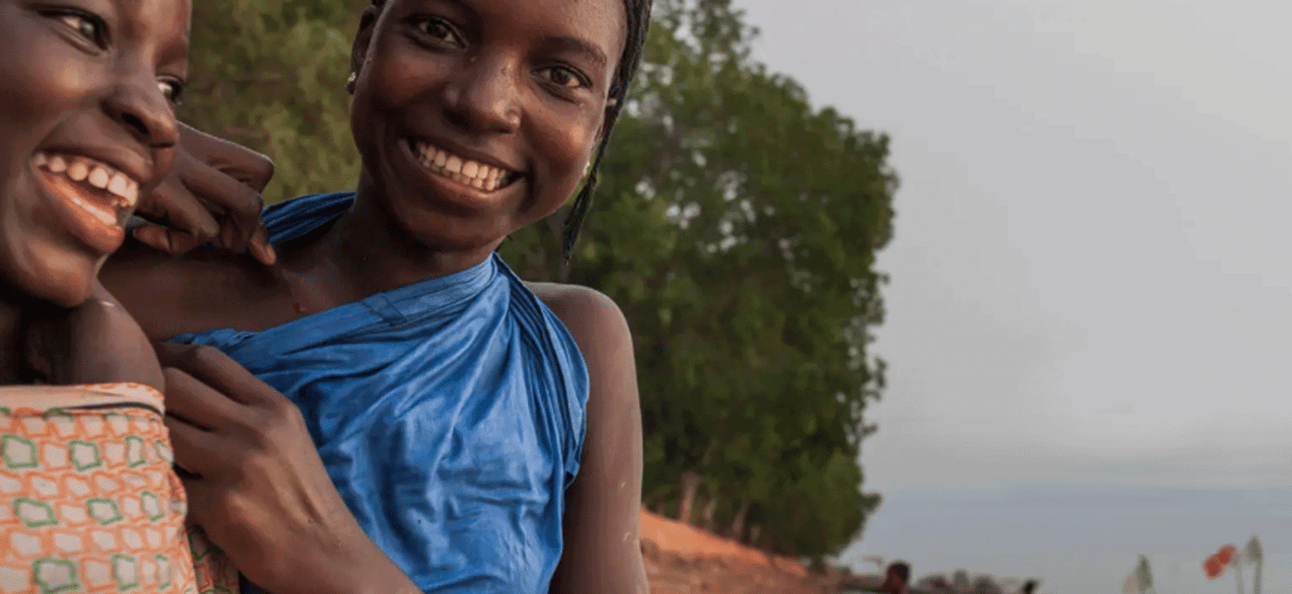
Hello curious minds,
Remember that 2013 movie "Her," where Joaquin Phoenix falls in love with an AI operating system? Well, here we are in 2025, and while we're not quite dating our smartphones or whispering sweet nothings to Scarlett Johansson-voiced operating systems (well, maybe some of us are), the film's vision of human-AI convergence feels less like science fiction and more like tomorrow's headline.
AI is undeniably a part of our daily lives — shaping how we live, work and play. And if it’s not part of yours, what are you waiting for?
But the real question is, “Are we adapting to this future as thoughtfully as we should be, or are we just along for the ride?”
For those of you who have seen our keynote, AQ: The Adaptability Quotient, you’ll know that we’ve been navigating technological change through the lens of Amara’s Law.
Amara’s Law is a principle coined by Roy Amara, a researcher and futurist, which explains why we, in the short term, overestimate technological change and its impact, and in the long term we greatly underestimate it. It happens in everything from supply chains to blockchains, from real estate to robots, and from medicine to mobile phones.

"We tend to overestimate the effect of a technology in the short run and underestimate the effect in the long run.”
If Amara's Law had a movie poster, it might feature Theodore Twombly's (Joaquin Phoenix) bewildered face as he realises his AI companion has evolved beyond his wildest expectations.

Generated by AI - obviously
The rise of Artificial General Intelligence (AGI) and the looming potential of Artificial Superintelligence (ASI) are no longer the stuff of feature films. They’re here, or nearly here, and they’re accelerating faster than most of us ever anticipated.
Enter the Convergence Effect: the technological equivalent of a collaborative jazz session where AI, robotics, IoT, and human creativity are all improvising together, creating something entirely new. It's not just about the tools anymore; it's about how they dance together, and more importantly, how we lead the dance.
The Convergence Effect is the ability to bring together seemingly unrelated disciplines, ideas and technologies into something new and valuable. AGI and ASI will force us to converge in ways we haven’t before: blending human creativity with machine precision, integrating emotional intelligence with cold data analysis, and combining playfulness with adaptability to approach problems in unconventional ways.
The leaders of tomorrow won’t just be tech-savvy or data-driven; they’ll be skilled at playing in the space where human and machine intelligence meet. They’ll ask questions machines can’t: What if? Why not? What’s next?
Why This Matters For Your Organisation
Entire industries can shift overnight. The predictable tasks humans have relied on for decades, or even centuries, will no longer need us. This isn’t a warning to fear change but an invitation to embrace it. The rise of AGI doesn’t eliminate the need for human contribution; it reframes it. The question isn’t, "Will I be replaced?" but rather, "How can I adapt?"
The companies that thrive aren't just adopting new technologies - they're looking outside of their industries to collaborate and converge. They're creating environments where human ingenuity amplifies technological capability, and vice versa. Think less "robots will take our jobs" and more "humans and machines are throwing the most productive party in history."
The Bottom Line
Adaptability is your lifeline in this era of exponential change. It’s the skill that will allow you to navigate the choppy waters of transformation and thrive in this time of what we consider is combinatorial change.
The future isn't waiting for us to catch up, it's already here. We’re ordering coffee through a voice assistant while scheduling drone pizza deliveries. The question isn't whether to adapt, but how to lead the adaptation.
Ready to help your organisation navigate the era of convergence? Let's talk about how we can transform your challenges into opportunities. Because unlike Theodore in "Her," we don't need to fall in love with AI — we just need to learn how to play with it.
If you’d like to know more about our offerings on how your organisation can thrive in age of convergence we’d love to chat! Book a meeting with us using the link below.
GOOD NEWS YOU PROBABLY DIDN’T HEAR ABOUT
Three countries have already eliminated a disease in 2025. Niger just became the first African country to eliminate river blindness, a tropical disease that once afflicted 8.5 million people in the country, Georgia has become the 46th country worldwide to eliminate malaria, bringing Europe close to becoming the world's first malaria free region, and Guinea has eliminated sleeping sickness, joining 15 other African countries that have achieved this milestone.

Two girls on the banks of the River Niger close to Diafarabe village in Niger. Credit: M. Di Lauro/WHO
Global air pollution has likely peaked. Emissions data of local air pollutants show that concentrations of sulphur dioxide, nitrogen oxide, carbon monoxide, black carbon, and organic carbon are all in decline. Many of these damage human health and ecosystems as well as promote climate change. Our World in Data
First CRISPR therapy approved for sickle cell treatment in England. England's health regulators have approved gene-editing therapy for severe sickle cell disease. The treatment modifies patients' blood stem cells using before re-infusion, and will be made available via the NHS to patients aged 12 and over with severe complications where stem cell transplants are suitable but donors unavailable. "It marks a significant shift in treatment." Euronews
Brazil's rescue mission brings hope to Yanomami tribe. Two years after President Lula launched an emergency operation to save Brazil's largest Indigenous territory from illegal gold miners, hunger and infant mortality rates among the Yanomami are plummeting. Health centres have been reopened, malnutrition cases have dropped from 80 to 12 patients per day, and many mining operations have been expelled. The Guardian
We suffered so much. We shed so many tears. We lost so many children … we were abandoned for so long. Now, the doctors have arrived.

A boat sails down a river near Fuduuwaaduinha carrying Indigenous people and medicines. Credit: João Laet/The Guardian
GIVE ME SOMETHING COOL IN UNDER 2 MINUTES!
Scarlett Johansson-like voice schools a kid in geometry.
IF YOU’RE SEARCHING FOR WAYS TO LOOK BUSY…
Listen to Tané and Dara’s interview “Embracing play at work to innovate and collaborate” on Netwealth’s Between Meetings podcast.
Read “86 Stories of Progress From 2024” from our friends at Fix the News if you need a reminder that last year wasn’t all bad news.
Ponder this quote from Alan Kay, considered by many to be the “father of personal computers”, when thinking about the accelerating pace of AI:
“Some people worry that artificial intelligence will make us feel inferior, but then, anybody in his right mind should have an inferiority complex every time he looks at a flower.”
That’s it for this edition! Good news is meant to be shared and interesting ideas are made to go viral, so feel free to forward this onto friends, co-workers, and family members. In other words - “Drive it like you stole it.”
Until next month - take good care,
The Future Crunch team 🚀🧠
If you would like to book us for an event, have any questions, or even want to have a good old fashion chat, just reply to this email!

